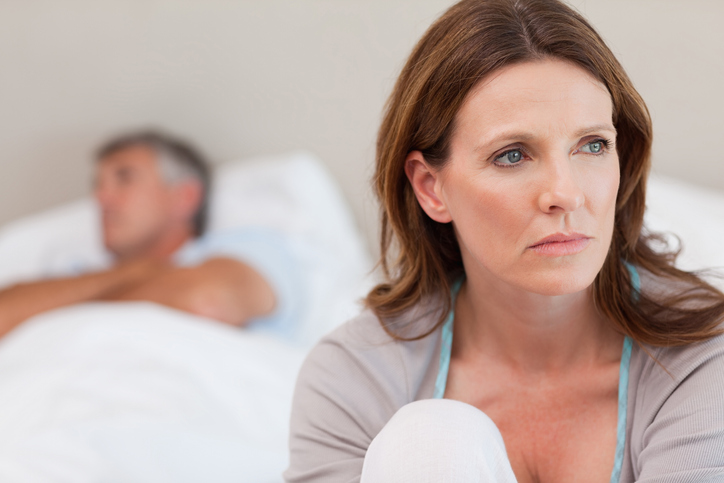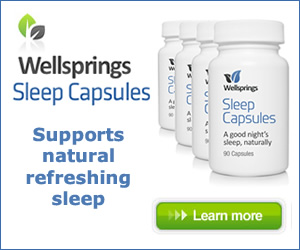How Lack Of Sleep Can Play Hormone Havoc
Tired of tossing and turning as sleep seems to elude you? Here’s how to help yourself.

Menopause affects our sleep because hot flushes and night sweats disrupt our normal pattern and wakefulness during the night seems to be more common as well.
How it can affect you
This impacts on our reaction time and our ability to think clearly, and at menopause ‘brain fog’ can occur if you are getting less than 4-6 hours sleep a night.
You may have already noticed that when you have not had enough sleep you are more likely to be irritable and experience more emotional upsets and outbursts of anger.
Lack of sleep is tied to an increased risk of numerous chronic diseases such as high blood pressure and heart disease.
Bioidentical natural progesterone can be effective for these conditions but it is also true that prevention is always better than cure so how can you get a better night’s sleep?
6 Natural sleep aids
What is vital is to provide yourself with the ideal sleep environment, or as near as you can get to it. This may mean adjustments to your routine or lifestyle, but your health will definitely benefit.
1. Stay technology free
If you watch tv, or use devices such as your computer, tablet or smartphone and then fall into bed they will definitely have an impact on your sleep.
This is because they all emit blue light, which tricks your brain into thinking it’s still daytime and stops it secreting melatonin and you need that to help you sleep.
Stopping at least one hour before bed will improve your chances of a good night’s sleep.
2. Stay in the dark
Again it is light that can disrupt your body’s natural clock and stop your pineal gland’s melatonin production. If you can’t completely shut out the light then try an eye mask.
If you need a light to get up in the night to go to the bathroom, then use a very low wattage red bulb. Light in this bandwidth does not shut down melatonin production in the way that white and blue bandwidth light does.
3. Keep cool
Not advice most menopausal women need, but keeping the temperature between low in the bedroom can make a real difference.
Avoid too many covers or synthetic material for sheets and pillowcases and investigate helpful aids like a cooling pad that goes under the pillowcase – or reverse your pillow if you get up so you have a cooler side each time.
4. Have a hot bath
I know that seems to contradict the last point, but if you have it an hour and a half to two hours before bedtime it increases your core body temperature.
This means that when you get out of the bath it abruptly drops, and this alerts your body that you are ready to sleep.
5. Get night sweats under control
These seriously disrupt your sleep so use Serenity, Wellsprings bioidentical natural progesterone cream to rebalance if you have oestrogen dominance.
However, if they are severe then consider Twenty to One instead. This is a combined cream of progesterone and oestrogen as this can be more effective for symptoms not responding fully to progesterone alone.
6. Herbal helpers
Traditionally herbs have been used to aid sleep and the most commonly used are hops, passiflora and valerian.
Lavender oil in your bath, or a few drops on the pillow, or a room spray can all help.
If your sleep issues relate to anxiety then again progesterone is a good relaxant, and so are essential oils like lavender or flower essences that can help calm an overactive brain that is keeping you alert and awake.
Helpful information:
Insomnia and disturbed sleep can strike at the best of times. But getting a good night’s sleep during the menopause is often harder still so perhaps you would benefit from using a slightly higher progesterone dose at night, and also from Wellsprings Sleep Capsules.
They are designed to help you drift off more easily and get a restful and refreshing night’s sleep with a combination of four carefully blended ingredients: L-Tryptophan, L-Theanine, Lemon Balm and Magnesium.
Your diet too can play a part in affecting your sleep, so have a look at this article to see where else you could help yourself to a better night’s rest.
https://anna.blog.wellsprings-health.com/best-5-foods-to-aid-sleep/



















